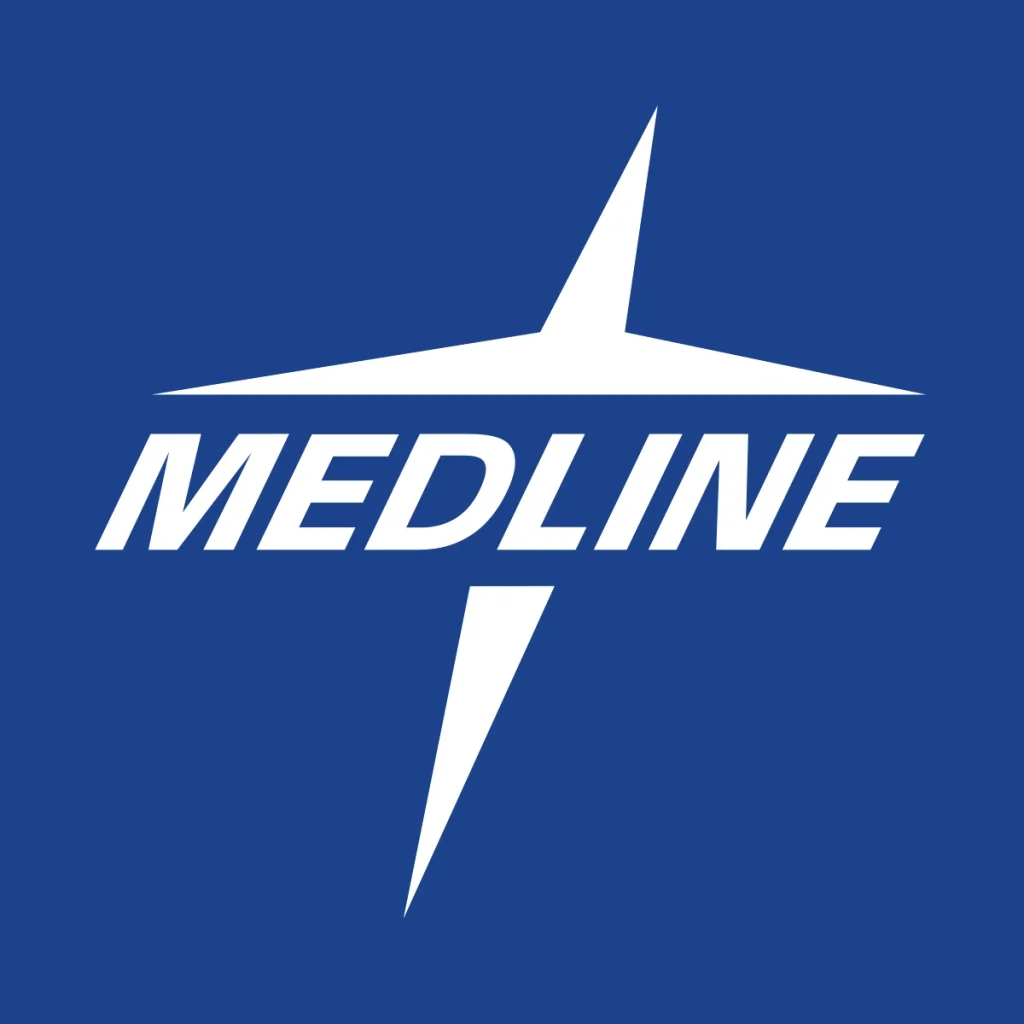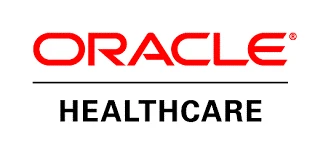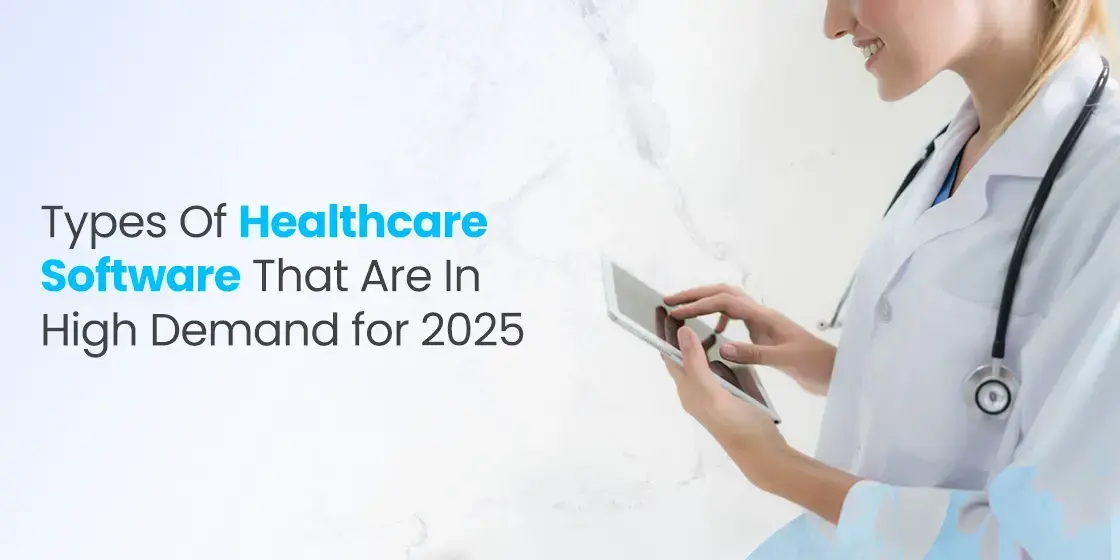Table of Content
Discover How the Top Types of Healthcare Software Help Improve Efficiency
The healthcare industry has been undergoing a significant digital transformation, driven by factors such as an aging global population, decreased birthrates, chronic disease prevalence, and the need for improved patient care. This transformation has led to a surge in demand for sophisticated healthcare software solutions across the globe. These technologies are not only improving patient outcomes but also streamlining administrative processes, enhancing operational efficiency, and reducing costs for healthcare providers.
From Electronic Health Records (EHRs) that streamline patient data management to telemedicine platforms that bridge geographical gaps in healthcare access, innovative software solutions are revolutionizing the way healthcare is delivered. But knowing what options are available out there is an important factor when participating in that revolution. In this article, we will explore some of the most in-demand types of healthcare software in 2025 developed by some of the best enterprise software development services, and their critical role in shaping the future of healthcare.
With the right tools in mind, you will be able to make the right decision with regards to the perfect choice of software for their company’s success. Let’s dive and discover what the top options are today.
The Need and Importance of Healthcare Software Systems in This Day and Age
The modern healthcare landscape demands efficient and effective solutions to address the growing complexities of patient care. With a diverse yet intrinsically linked series of issues to tackle, healthcare businesses, including hospitals and adjacent healthcare facilities, are finding it difficult to manage their operations efficiently. Modern healthcare software systems play a vital role in meeting these demands in various ways.
Lets take a look at them below.
Improving Patient Care
Depending on the patient group, the needs of the patient can vary greatly. That is why a system that can help the hospital manage most, if not all of them successfully, is a necessity.
- Enhanced Communication: Facilitating seamless communication between healthcare providers, patients, and other stakeholders.
- Improved Decision Making: Providing clinicians with access to real-time patient data, enabling more informed diagnoses and treatment plans.
- Personalized Care: Enabling personalized medicine by analyzing patient data to identify individual needs and risk factors.
Increasing Efficiency and Productivity
A hospital, or any kind of healthcare facility, is a behemoth of an enterprise, and requires constant oversight and no small amount of luck to manage it efficiently. The various types of healthcare software systems that can help the administration manage the vast majority of their tasks autonomously will help improve productivity, as well as overall operational efficiency.
- Streamlining Administrative Tasks: Automating tasks such as appointment scheduling, billing, and claims processing, freeing up healthcare professionals to focus on patient care.
- Reducing Administrative Burden: Minimizing paperwork and reducing administrative costs for healthcare providers.
- Improving Operational Efficiency: Optimizing resource allocation and improving workflow within healthcare organizations.
Enhancing Patient Safety
Patient safety is an inherent part of the modern healthcare model, with patient welfare organizations pushing healthcare facilities to improve their operations to result in fewer errors. And with the right types of healthcare software integrated into your system, you can accomplish that easily.
- Reducing Medical Errors: Minimizing the risk of medical errors by providing access to accurate and up-to-date patient information.
- Improving Medication Safety: Monitoring medication adherence and reducing the risk of adverse drug reactions.
- Preventing Hospital Readmissions: Identifying and addressing potential health risks proactively.
Improving Access to Healthcare
One of the biggest drivers of modern healthcare systems is the current push to make healthcare more accessible to people who are underserved or ignored by the existing healthcare system. With the right types of healthcare software such as IoT-based remote monitoring tools, telemedicine, and more, this too can be achieved easily.
- Telemedicine: Expanding access to healthcare services, especially in remote and underserved areas.
- Remote Patient Monitoring: Enabling remote monitoring of patients’ health conditions, improving patient outcomes and reducing hospital readmissions.
Fuel innovation by leveraging bespoke software solutions. Get in touch with our team of experts to build cutting-edge software products.
Get a QuoteTop Types of Healthcare Software That Are in High Demand in 2025
Now that we know and understand the importance of healthcare software systems, you might be wondering what the top options are among the various types of healthcare software available today. From HER systems to telemedicine software solutions, here are the top applications and their available software solutions that are all the rage these days.
Electronic Health Record Systems

EHR systems are the backbone of modern healthcare, providing a comprehensive and secure repository of patient medical information. These electronic healthcare systems enable healthcare providers to access patient records electronically, improve care coordination, and reduce medical errors.
Leading EHR vendors include Epic, Cerner, and Athenahealth.
Medical Research Systems
These systems are used to design, conduct, and analyze medical research studies. They include tools for data collection, analysis, and reporting, as well as features for managing clinical trials and patient recruitment.
These are generally propriety tools, and are thus made to order rather than bought off-the-shelf, and are one of the true pioneers of IoT in healthcare.
Intelligent Medical Diagnosis Systems
These systems utilize artificial intelligence (AI) and machine learning algorithms to assist in medical diagnosis. They can analyze patient data, such as medical images and lab results, to identify potential diagnoses and recommend treatment options.
These too are often made custom to the healthcare application, and are often made to order specifically to the healthcare facility.
Medical Databases

Medical databases store and manage vast amounts of medical information, including patient data, research findings, and clinical trials. These databases are crucial for medical research, drug development, and clinical decision support.
Examples include PubMed, Medline, and Embase.
Smart Medical Imaging Machine Systems
These systems incorporate advanced technologies like AI and machine learning into medical imaging devices. They can improve image quality, enhance diagnostic accuracy, and assist radiologists in interpreting images.
Electronic Prescription Systems
These systems allow healthcare providers to electronically prescribe medications, reducing the risk of medication errors and improving patient safety. They also facilitate communication between prescribers and pharmacies.
Telemedicine Software Solutions

Telemedicine software enables remote consultations between patients and healthcare providers, improving access to care, especially in rural areas. Features include video conferencing, secure messaging, and remote patient monitoring capabilities. Telemedicine solutions were one of the earliest types of healthcare software development in the medtech industry.
Medical Appointment Booking Software Systems
These systems allow patients to schedule appointments online, reducing wait times and improving patient satisfaction. They also help healthcare providers manage their schedules and optimize resource allocation.
Medical Billing and Reporting Software Solutions
These systems automate the billing and claims processing process, reducing administrative burden and improving revenue cycle management. This is one of the more time-consuming and emotionally draining parts of healthcare administration, and with the right tools it can be made less cumbersome.
Hospital Management Systems

These types of healthcare software systems help hospitals manage all aspects of their day-to-day operations, including patient admissions, bed management, inventory management, and financial operations. Moreover, it helps centralize all hospital data into a single portal, making it easy to manage for administrators.
Vitals Tracking Software Systems
These systems allow patients to track their vital signs, such as blood pressure, heart rate, and blood sugar levels, using wearable devices or mobile apps. This data can be shared with healthcare providers to monitor patient health and identify potential health risks.
Medical Diaries Software Solutions (Personal Health Records)
These systems allow patients to maintain electronic records of their medical history, medications, and appointments. They can also be used to track personal health data, such as weight, diet, and exercise.
Remote Patient Management Solutions

These systems enable remote monitoring of patients’ health conditions, allowing healthcare providers to track patient progress and intervene early if necessary. They are particularly useful for patients with chronic diseases.
Mobile Health Systems
Mobile health refers to the use of mobile devices, such as smartphones and tablets, to support health and healthcare. This includes mobile health apps, wearable devices, and telemedicine platforms. Moreover, it can also be used in conjunction with IoT sensors and tools for complete remote monitoring systems for patients and doctors.
Conclusion
The healthcare industry is undergoing a rapid digital transformation, and the demand for innovative software solutions is steadily rising. With the right types of healthcare software systems integrated, you will be able to improve and advance your healthcare business operations easily.
In the end, it is all about knowing the right kind of tools to incorporate into your systems. And the list above is a great place for you to start on your journey.
Empower your digital initiatives with BariTechSol, a premier custom software development company. Our skilled team tailors cutting-edge solutions to your unique needs. Elevate your tech experience and stay ahead in the digital realm. Partner with BaritechSol and code the success of your next big idea.


